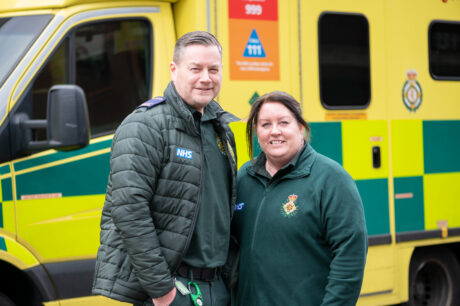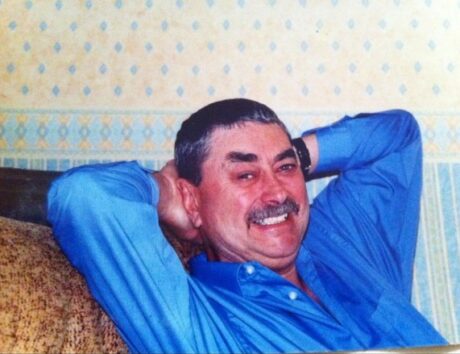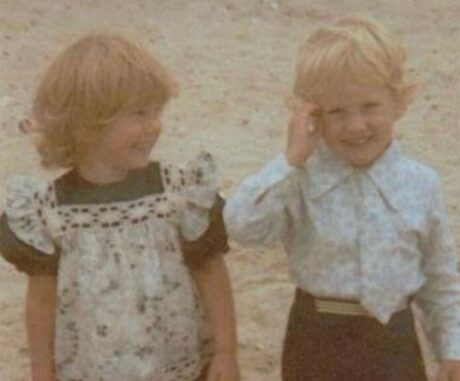Ambulance twins save man’s life in joint medical effort
A set of twins who work for London Ambulance Service saved the life of a man in cardiac arrest when they got the rare chance to be on a shift together.

Angie Mills, a 999 call handler, and her brother Steve Mills, an Emergency Medical Technician, don’t usually work together, but they were recently out in the same ambulance as Angie had taken the time to shadow a frontline crew.
The twins, 51, from Bexleyheath, were initially called to an incident where a man had fallen, but soon after arriving they both had to jump into action to save the life of the patient whose heart had unexpectedly stopped beating.
The intervention proved a truly successful instance of ‘dream’ teamwork, as Angie – who had previously only instructed people to do chest compressions over the phone – started delivering lifesaving CPR (cardiopulmonary resuscitation), while Steve and his crewmate Paul could focus on giving the patient oxygen.
Thanks to the quick and coordinated operation, the man was revived and began talking again, despite having no heart beat for five minutes.
Angie said: “I’ve instructed people who have called 999 many times before, but I had never needed to resuscitate someone myself.
“I initially just got on with the CPR. It wasn’t until we were driving to hospital that I reflected on what I’d just done.
“I started thinking about how things can change so quickly, and in a matter of minutes you can switch between life, death, and again, life.”
The incident felt particularly close to home for the twins. Angie and Steve lost their dad Hugh Mills to cardiac arrest when he was just 61 – a similar age to the man they brought back to life together.
Angie said: “The man we saved was relatively young. And because he was of similar age to our dad when he passed away, it brought back some powerful memories.
“I thought about the fact that my dad didn’t get to enjoy retirement. He was still working when he passed.
“It made me think about how precious life is and how I should enjoy it more. Take every opportunity that you’ve got, don’t put things off!”
Hugh Mills passed away 21 years ago, before Angie and Steve had both joined the Service. At the time, Angie was working in a bank and Steve was a builder.
Steve said: “When the paramedics were with my dad, I was there the whole time and I couldn’t help him. He received by-stander CPR from a police officer who lived nearby, but unfortunately, he still didn’t make it.”
He added: “When I first started my job I always dreaded getting sent to a cardiac arrest. I didn’t know how I would cope with that type of job because of the way my dad had died.
“Now, I am more confident as I know that I will try my absolute hardest to save that person.”
Angie and Steve both said that saving a life together was definitely an extraordinary achievement which would make their dad proud.
Angie said: “It feels even more special because I was doing it with Steve.
“My CPR was so effective also because I felt so comfortable doing it next to my brother, and we are so close.
“Steve kept saying to me ‘you’re doing a great job, the timing is perfect, the depth of the compressions is great!’.”

All call handlers get training in how to do CPR and use a defibrillator and regularly instruct members of the public in these life-saving skills.
Mark Faulkner, Consultant Paramedic at London Ambulance Service, commented on the team’s achievement and said:
“Less than ten percent of people who go into cardiac arrest outside of hospital survive.
“The fact that this patient woke up and started talking after five minutes is all down to the quick intervention of the team.
“As chest compression were provided immediately, the patient could keep his brain supplied with blood and that proved vital in him recovering so quickly once his heart had started to beat again.”
It can take just a matter of minutes to learn these skills but could make the difference between life and death for a person in cardiac arrest.
You can learn how to save a life on our dedicated London Lifesavers webpage.

Follow us on social media: